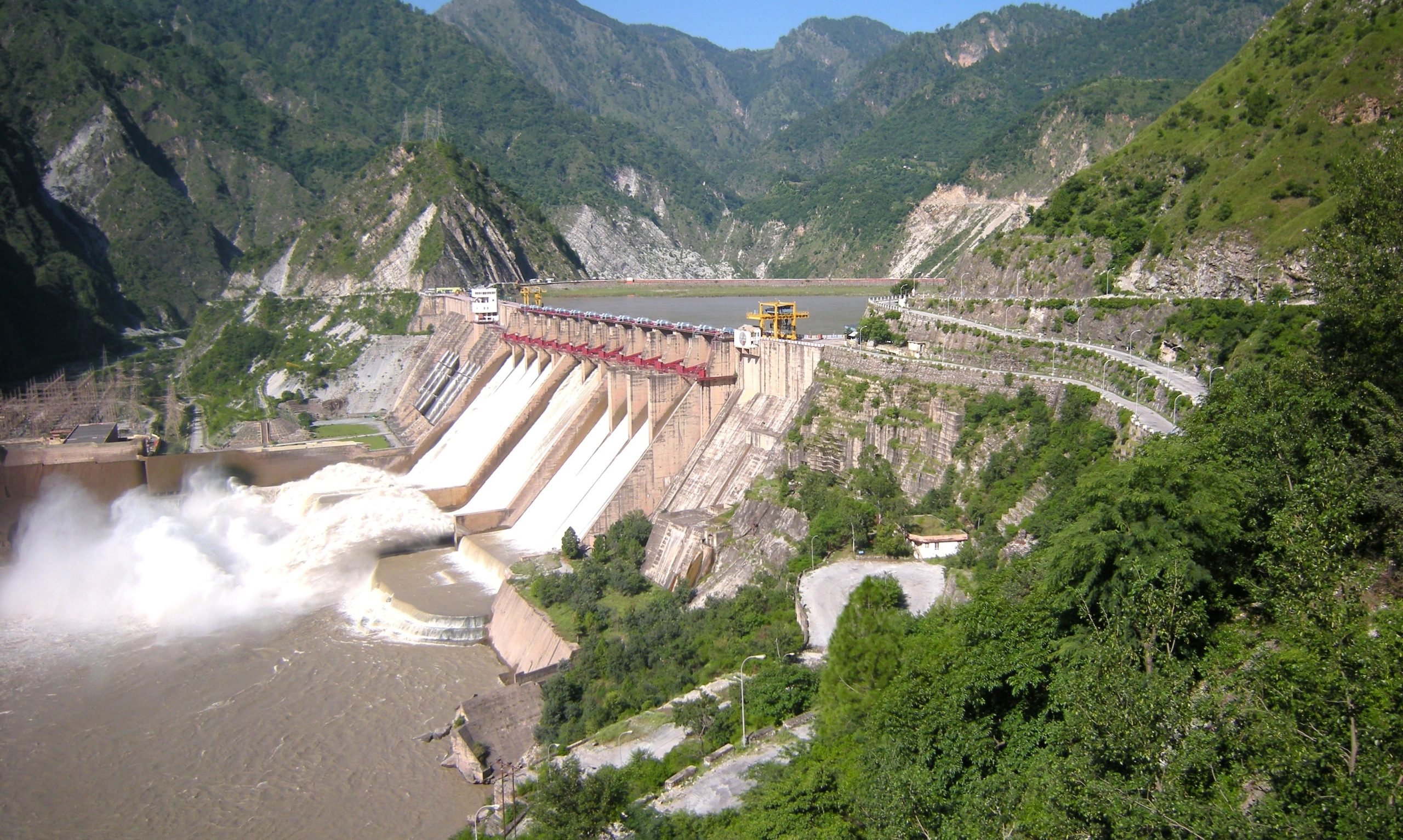In a bold and controversial move, India has halted the flow of water from the Chenab River to Pakistan by closing all gates of the Salal Dam in Jammu & Kashmir’s Reasi district. The decision marks a sharp escalation in Indo-Pak tensions following India’s formal suspension of the Indus Waters Treaty on April 23, 2025, after a terror attack in Pahalgam that killed 26 tourists—an attack India attributes to Pakistan-based militants.
The Chenab River is one of three western rivers allocated to Pakistan under the 1960 Indus Waters Treaty. The treaty has, for over six decades, ensured water-sharing between the two countries despite multiple wars and diplomatic crises. India’s latest action comes on the heels of another stoppage in March 2025, when it diverted water from the Ravi River away from Pakistan.
Pakistan is heavily reliant on the Chenab River for irrigation, particularly during the Kharif season. The abrupt interruption of water flow threatens to devastate Pakistan’s agriculture, potentially exacerbating the country’s ongoing food and economic crises. Experts warn of ripple effects in the region, including food insecurity for millions of Pakistanis.
Locals in Reasi, where the dam is located, have largely welcomed the Indian government’s move. “The government has taken the right step,” said one resident. “After what happened in Pahalgam, Pakistan deserves a strong response.” However, some residents and environmental experts have voiced concerns about possible flooding in Jammu & Kashmir if dam waters are held and released suddenly, especially with the monsoon approaching.
Environmentalists are also raising red flags. The Chenab Valley, located in a seismic zone, already hosts over 70 hydroelectric projects, with seven more under construction. Sudden changes in river flow could lead to ecological instability and affect both human and wildlife populations.
Pakistan has condemned the move, calling it a breach of international law and urging global intervention. “This is a dangerous provocation that threatens the livelihood of millions,” said a senior Pakistani official. The Pakistani government has expressed fears of India using water as a weapon—an allegation that has long haunted bilateral relations.
The World Bank, a signatory and mediator of the original treaty, now faces mounting international pressure to step in. Analysts warn that the deepening water conflict may have far-reaching consequences, not only for the subcontinent’s stability but also for global diplomatic efforts in South Asia.
As the region braces for further fallout, the Indo-Pak water dispute underscores the volatile intersection of natural resources, geopolitics, and national security.













